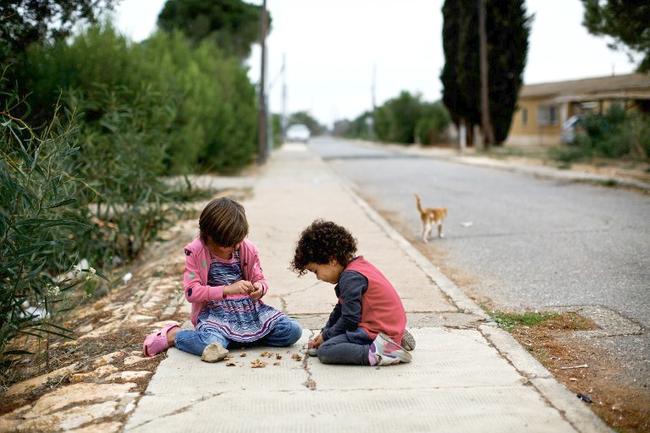- ImpactWe help parliaments to become greener and to implement the Paris agreement.We support democracy by strengthening parliamentsWe work to increase women’s representation in parliament and empower women MPs.We defend the human rights of parliamentarians and help them uphold the rights of all.We help parliaments fight terrorism, cyber warfare and the proliferation of weapons of mass destruction.We encourage youth participation in parliaments and empower young MPs.We support parliaments in implementing the SDGs with a particular focus on health and climate change.
- ParliamentsNearly every country in the world has some form of parliament. Parliamentary systems fall into two categories: bicameral and unicameral. Out of 190 national parliaments in the world, 78 are bicameral (156 chambers) and 112 are unicameral, making a total of 268 chambers of parliament with some 44,000 members of parliament. IPU membership is made up of 180 national parliaments
Find a national parliament
We help strengthen parliaments to make them more representative and effective.. - EventsVirtual eventThe International Court of Justice (ICJ) was constituted under the United Nations Charter to help nations settle disputes peacefully in accordance with international law.
- Knowledge
Discover the IPU's resources
Our library of essential resources for parliamentsGlobal data for and about national parliamentsLatest data and reports about women in parliamentResolutions, declarations and outcomes adopted by IPU MembersRecent innovations in the way parliaments workThe latest climate change legislation from the London School of Economics' database
Nationality and statelessness
At least 10m people around the world are not recognized as nationals of any country, according to the United Nations, and a further 230 million children are unregistered.
The vast majority of stateless and unregistered people live in the countries in which they were born but are not classed as citizens. This can be the result of deliberate discrimination, the redrawing of national boundaries or the creation of a new State. Sometimes it can be as simple as a lack of documentation, lack of birth registration or gaps in the law.
The impact of statelessness is devastating. Stateless people lose their sense of identity and belonging, as well as many basic rights including access to education, employment, property ownership, political participation and freedom of movement. With political will and concerted government action, the problem can be solved—even in protracted and large-scale situations.
MPs and parliaments have a major role to play by ratifying the UN conventions on statelessness and overseeing the executive to ensure they are fully implemented. This would ensure people are not arbitrarily deprived of nationality, that women and men are treated equally and that children are granted nationality in circumstances when they would otherwise be stateless.
Parliaments can also reform laws to prevent new cases and resolve old ones, and ensure effective birth registration and documentation systems are in place.
Our Committee to Promote Respect for International Humanitarian Law is a key part of our work on the issue.
Our Handbook for Parliamentarians on Nationality and Statelessness produced with UNHCR, provides essential information on how parliaments and parliamentarians can address the issue effectively.
Read our Handbook for Parliamentarians on Nationality and Statelessness
This handbook produced with UNHCR provides essential information on how parliaments and parliamentarians can address the issue of statelessness effectively.

Stateless refugee children.Photo: © AFP Photo / Behrouz Mehri




